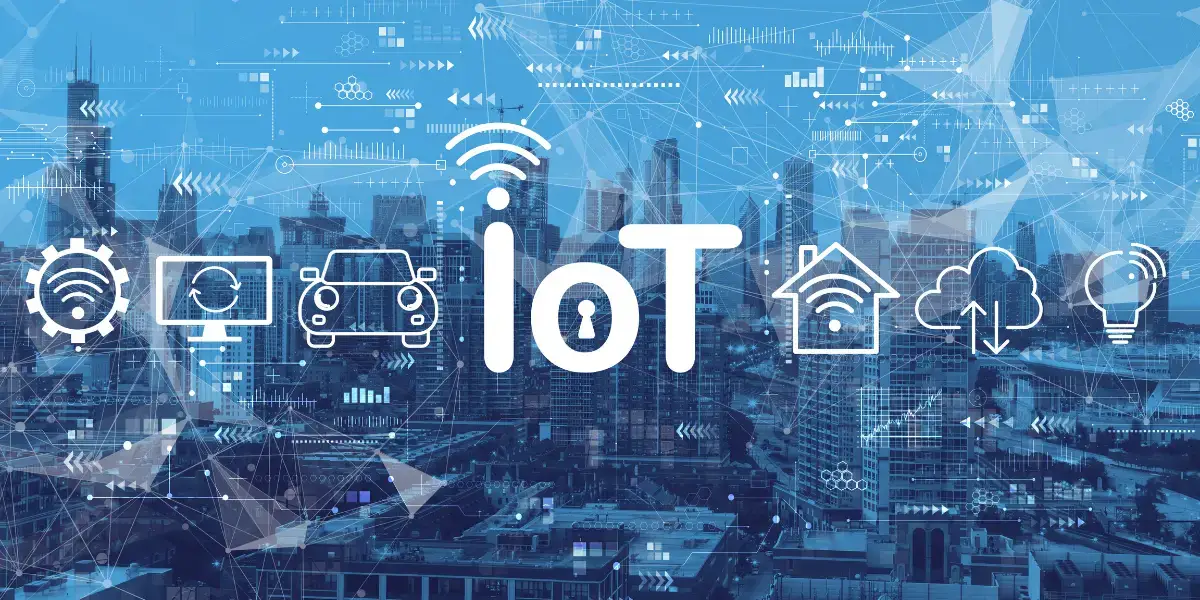Blockchain technology has emerged as one of the most disruptive innovations in recent years, with the potential to revolutionize industries beyond just cryptocurrencies. By offering secure, transparent, and decentralized solutions, blockchain is transforming the way businesses handle transactions, supply chains, and data management. In this article, we’ll explore how blockchain is reshaping business operations and how EuroClick can help your company leverage this cutting-edge technology.
1. What is Blockchain?
Blockchain is a decentralized, distributed ledger that records transactions across multiple computers in a way that ensures data integrity and security. Unlike traditional databases, which are controlled by a central authority, blockchain networks operate in a peer-to-peer fashion, with each participant having access to the same version of the ledger.
Each block in a blockchain contains a list of transactions, and once a block is completed, it is added to the chain in chronological order. These blocks are secured using cryptographic algorithms, making it virtually impossible to alter or delete past transactions without consensus from the entire network source: Investopedia.
2. Why Blockchain is Important for Businesses
Blockchain’s unique characteristics—security, transparency, and decentralization—offer significant advantages for businesses across various sectors. Here are some of the key reasons why businesses are adopting blockchain technology:
- Enhanced Security: Blockchain’s cryptographic features make it highly secure, protecting transactions and sensitive data from fraud, hacking, and unauthorized access. This level of security is especially important for industries that deal with valuable assets, such as finance, healthcare, and supply chain management source: IBM.
- Transparency and Traceability: Blockchain enables businesses to create transparent records that are easily traceable. Every transaction is timestamped and publicly recorded, allowing stakeholders to verify information and track the movement of goods or funds. This is particularly useful in sectors like logistics, where real-time visibility is critical.
- Cost Efficiency: By eliminating the need for intermediaries such as banks, brokers, or clearinghouses, blockchain reduces transaction costs and speeds up processes. For example, smart contracts—self-executing contracts with predefined conditions—automate transactions, reducing the need for manual intervention.
- Improved Data Integrity: Once data is recorded on a blockchain, it cannot be altered or deleted without consensus from the entire network. This ensures that data remains accurate and tamper-proof, making blockchain an ideal solution for industries that rely on secure data management, such as healthcare and finance.
- Decentralization: One of the most powerful aspects of blockchain is its decentralized nature. This removes the reliance on a central authority, distributing power across all participants in the network. This decentralization reduces the risk of single points of failure and increases trust among users.
3. Key Applications of Blockchain in Business
Blockchain has numerous applications that are transforming industries and business operations. Here are some of the most impactful use cases:
- Supply Chain Management: Blockchain provides end-to-end visibility into supply chains, allowing businesses to track products from origin to delivery. This ensures transparency and traceability, reducing fraud, improving efficiency, and helping to detect issues such as counterfeit goods source: Deloitte.
- Financial Services: Blockchain is revolutionizing the financial sector by enabling faster, more secure transactions without the need for intermediaries. It’s being used for cross-border payments, clearing and settlement, and digital identity verification. Additionally, smart contracts automate complex financial agreements, reducing operational costs.
- Healthcare: In healthcare, blockchain improves the management of patient data by ensuring that medical records are secure, accurate, and easily accessible to authorized parties. Blockchain also enhances drug traceability, reducing the risk of counterfeit medications entering the supply chain source: World Economic Forum.
- Digital Identity Verification: Blockchain allows individuals to control their digital identities by storing personal data in a decentralized and secure manner. This eliminates the need for centralized databases and reduces the risk of identity theft. Blockchain-based digital identities are being used for everything from online banking to government services source: World Economic Forum.
- Real Estate: Blockchain simplifies property transactions by providing a transparent and tamper-proof record of property ownership. It also enables the use of smart contracts to automate the transfer of property, reducing the need for intermediaries like lawyers or brokers.
4. How EuroClick Helps Businesses Implement Blockchain Solutions
At EuroClick, we offer tailored blockchain solutions that help businesses capitalize on the technology’s potential. Here’s how we help you integrate blockchain into your operations:
- Blockchain Strategy Development: We work with your team to identify the areas where blockchain can bring the most value to your business. Whether it’s improving supply chain transparency, securing transactions, or managing digital identities, we develop a clear blockchain strategy aligned with your goals.
- Custom Blockchain Solutions: Our team designs and implements custom blockchain solutions that fit your unique business needs. Whether you require a public blockchain for transparency or a private blockchain for enhanced security, EuroClick ensures that the solution is tailored to your industry and objectives.
- Smart Contract Development: Smart contracts are a key feature of blockchain, allowing for the automation of business processes. EuroClick helps you develop and deploy smart contracts to streamline transactions, reduce human error, and cut costs.
- Integration with Existing Systems: Blockchain can be seamlessly integrated with your current business systems. We ensure that your blockchain solution works harmoniously with existing technologies, such as ERP and CRM platforms, ensuring a smooth transition.
- Security and Compliance: Blockchain security is paramount, especially when dealing with sensitive data. We provide robust security protocols to protect your blockchain infrastructure, ensuring compliance with industry regulations such as GDPR and HIPAA.
5. Challenges of Blockchain Adoption and How to Overcome Them
While blockchain offers significant benefits, there are challenges associated with its adoption. Here’s how EuroClick helps businesses overcome these challenges:
- Scalability Issues: As blockchain networks grow, they can face scalability issues, such as slow transaction processing. EuroClick implements optimized blockchain architectures that address scalability challenges, ensuring that your system can handle increased demand.
- Regulatory Uncertainty: Blockchain is a relatively new technology, and regulations are still evolving. EuroClick stays up to date with the latest legal developments, ensuring that your blockchain implementation complies with current regulations.
- Integration with Legacy Systems: Many businesses rely on legacy systems that may not be compatible with blockchain. EuroClick ensures seamless integration, allowing your existing infrastructure to interact with blockchain technologies effectively.
Blockchain is transforming business operations by providing secure, transparent, and decentralized solutions across industries. Whether it’s streamlining supply chains, automating transactions, or enhancing data security, blockchain offers immense potential for innovation and efficiency. EuroClick helps businesses harness the power of blockchain with tailored solutions that drive growth and improve operational performance. By embracing blockchain, your business can gain a competitive edge in today’s rapidly evolving digital landscape.
Sources:
- Investopedia: Blockchain Definition
- IBM: What is Blockchain?
- Harvard Business Review: The Truth About Blockchain
- Deloitte: Blockchain in Supply Chain
- World Economic Forum: Blockchain in Healthcare




